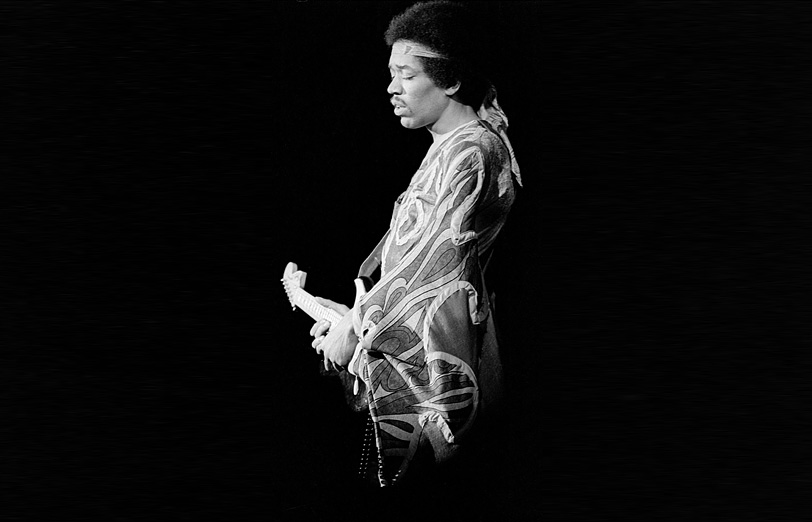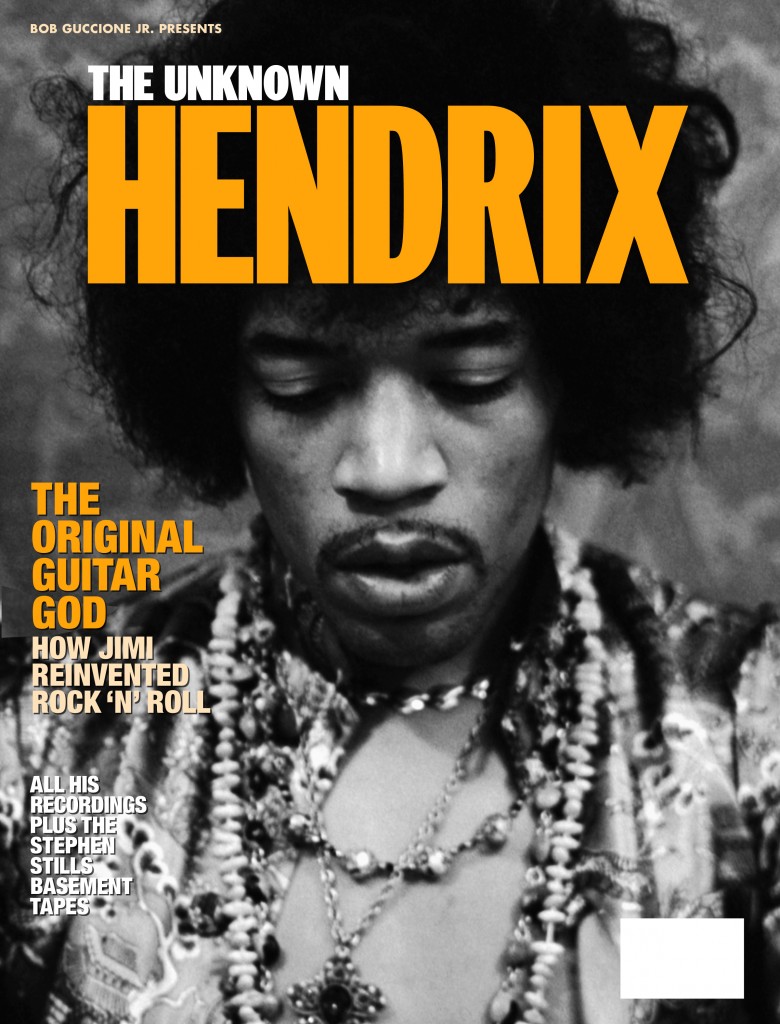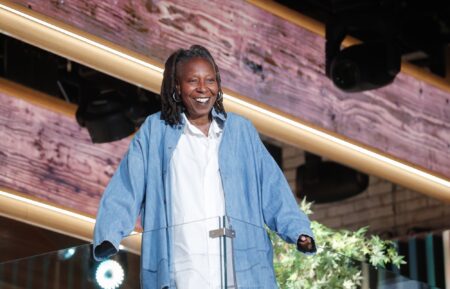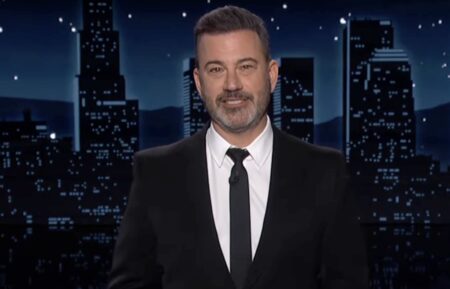Jimi Hendrix Revisited: Celebrating the Legacy of the Guitar Great

With his wild halo of hair, unique sound and ability to create some of the most memorable musical moments of all time—just picture that plaintive, galvanizing electric guitar rendition of the national anthem that he played at 1969’s Woodstock Festival—it’s no surprise that Jimi Hendrix looms so large in the pantheon of rock-and-roll legends. But despite his well-earned icon status, the innovator spent a mere four years in the mainstream spotlight—and released only three studio albums—before passing away in 1970 at age 27 due to an accidental barbiturate overdose, leaving behind scores of unanswered questions about his life and work. “He came and went so fast, leaving such an indelible mark,” says Spin magazine founder and media entrepreneur Bob Guccione Jr. “In total, he is still pretty unknown.”
That’s about to change. On Friday, Sept. 4, Showtime will premiere Jimi Hendrix: Electric Church, a documentary featuring never-before-seen concert footage of the artist at the Atlanta Pop Music Festival, his largest U.S. performance ever, shot just 10 weeks prior to his death. “It’s a very big deal—most people have never seen most of what he did because most of it was never recorded,” says Guccione. And for an even deeper dive into the Purple Haze, Guccione has produced a new bookazine called The Unknown Hendrix, chronicling Hendrix’s full personal and professional journey—including details about his troubled childhood in Seattle and the years he spent penniless and struggling to string together gigs at African-American venues known as the “Chitlin’ Circuit.” “During that time, he was honing his skills, but also getting fired for being so skillful,” says Guccione. “He would often upstage his employers rather than fade into the background.”
Clearly, Hendrix never belonged anywhere but front and center—and with fresh stories, photographs and recordings now being added to his legacy, his star is poised to shine again. “He was a fantastic musician with a small output of work that was so meaningful,” says Guccione. “It’s great to see people discover and rediscover him.”
https://www.youtube.com/watch?v=65lgL2J5408
From TV Guide Magazine
What to Expect From 'The Hunting Party's Love Triangle and Mystery
Manifest alum Melissa Roxburgh and the showrunner of NBC’s Hunting Party tease TV Guide Magazine about what’s ahead for the “government conspiracy that just keeps unfolding” — plus, the series’ “good” love triangle. Read the story now on TV Insider.









